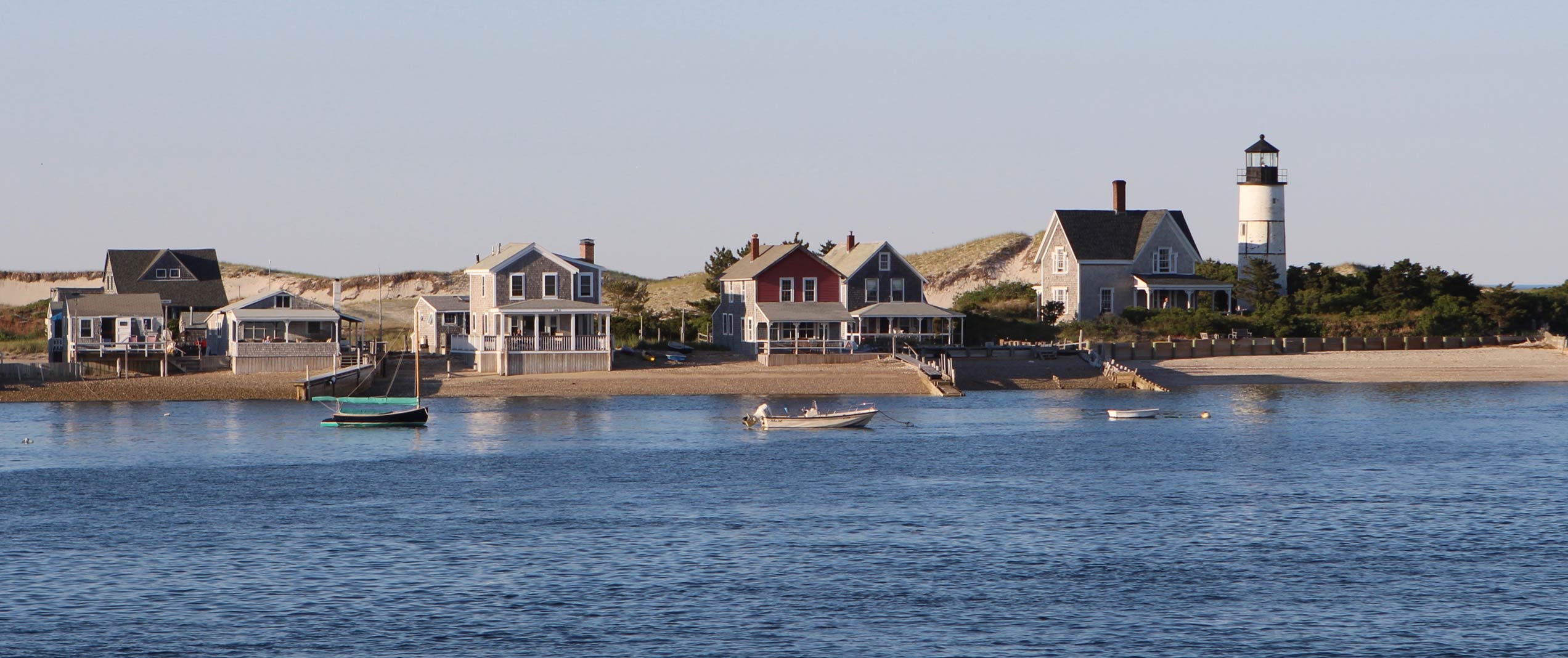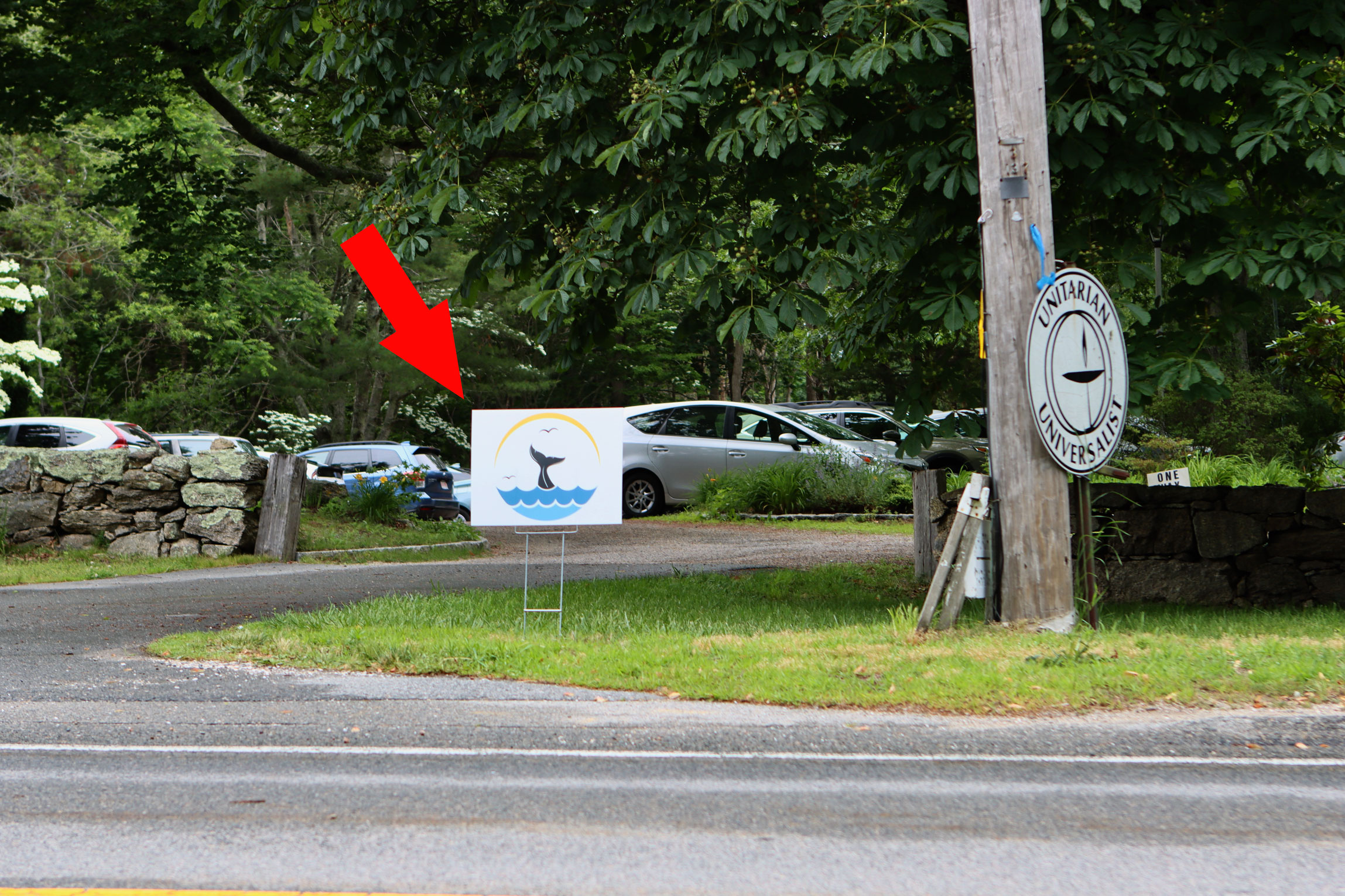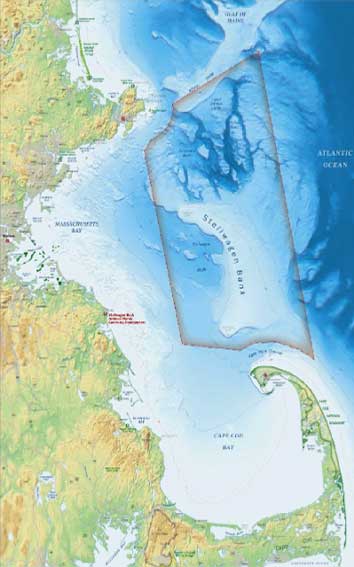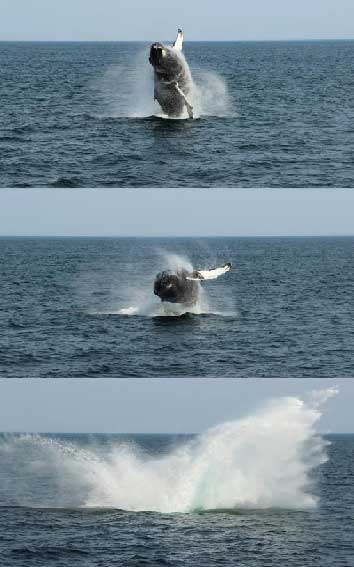
Planning Your Trip Aboard the Whale Watcher
Trips are 3½ to 4 hours in length. Boarding begins approximately one hour prior to scheduled departure. Please be sure to visit our policies page for information regarding our cancellation policy and safety policy. You can find directions to our dock here.
Please visit our interactive ticketing site to purchase your tickets online!
If you require additional assistance, please call our office at 1-800-287-0374 or email reservations@whales.net and we will be happy to help you.
2025 Ticket Prices
Adults (13+): $75
Senior Discount (62+): $65
Children Discount (4-12): $55
Active Military Discount: Free (ID required)
Infants (3 and under): $3
Gift Certificates available in $75 (adults), $65 (seniors 62+) $55 (kids) and $3 (infants under 4) denominations or by dollar amounts in denominations of $100, $125, $150, $175, $200 and $225.Order here.
Guaranteed Sightings
In the rare event that we don’t see a whale, every passenger onboard will receive a Whale Check, a never expiring, transferable pass to cruise with us again until a whale is sighted. Call or email our ticket office at 1-800-287-0374 or reservations@whales.net to book your Whale Check cruise.
This guide is for first time whale watchers, especially those who may be nervous at the thought of stepping onto a boat for four hours without knowing what’s in store. Weather and whales change from day to day, but once you step aboard, a predictable timeline begins to play out on every trip. Here’s a quick guide to what you can expect on your Hyannis Whale Watch Cruise.
Whale Watch cruises are generally three and a half to four hours long. Trips are led by our experienced captains and are narrated by our expert naturalists. Once aboard, find seats and get yourself comfortable. Spend some time familiarizing yourself with the boat. The trip begins as the boat navigates through Barnstable Harbor heading out toward Cape Cod Bay.
Please listen carefully to the naturalist’s welcome orientation where your safety during our whale watch is addressed and enjoy the Cape Cod seascape. You pass acres of coastal salt marsh and a barrier beach system called Sandy Neck. You will see an historic cottage colony with a 150 year old lighthouse of the same name. Have your cameras ready! As we leave the harbor, we will pick up speed. Make sure that your belongings are secure and that nothing can blow overboard. Be careful with your hat.
As you travel north across Cape Cod Bay, the naturalist will be around to visit and to answer questions. On clear days you will see the Pilgrim Monument located in Provincetown. You will pass Race Point Lighthouse at the very tip of Cape Cod, and, as we near Stellwagen Bank National Marine Sanctuary; it is time to start watching for whales.
Our boat is wheelchair accessible but can only accommodate manually operated wheelchairs. We ask that you call or email our ticket office in advance to let us know that you are planning to use a wheelchair on your whale watch. For safety reasons we must limit the number of wheelchairs on any given trip. To ensure that there will be a space for you when you arrive, please confirm your spot when you reserve. Call or (508) 362-6088 or email reservations@whales.net.
VIDEOS OF YOUR TRIP
In the Wild Productions is a professional video company who will be filming your entire trip including any scenery, whales, and wildlife you might see. You can order a video of your trip from the videographer on the boat. If you have any questions about the videos after the trip, please contact them directly at https://inthewildproductions.com/
Learn How to Spot a Whale…
Find a comfortable place at the railing and carefully scan back and forth over the water to the horizon. Look for things that don’t belong. Watch for blows, the whales’ tall exhalations. Look for backs, dorsal fins, or tails at the surface. Splashing in the distance often indicates active whales. Also, watch for groups of seabirds who may be feeding above whales. Once whales are located, the boat stops to begin the whale watch. It is important to note that the boat voluntarily operates within WhaleSENSE whale watching guidelines to keep the whales safe!
The whales we hope to encounter are wild animals. They are not fed or trained. They come to Stellwagen Bank National Marine Sanctuary during the warmer months to feed on schooling fish and other small animals. The whale behaviors cannot be predicted, but are often spectacular. The numbers and species of whales always vary from trip to trip. Your Naturalist will provide an expert narrative on natural histories and behaviors of the species you encounter.
On the return to Barnstable Harbor, our naturalist will circulate and answer questions. Be certain that you have all of your belongings before you disembark.
10 Tips for Enjoying Your Whale Watch
- Be Rested Get a good night’s sleep. Being rested will keep you alert and guards against the effects of sun and sea. Remember: your whale watch is 3 ½ -4 hours long and you can’t go home early.
- Stay Hydrated Drink plenty of water. This is especially important on hot summer days offshore. Being hydrated minimizes headaches, nausea, and can help prevent motion discomfort. Remember: sodas, juices and beer are not water. Drink water to stay hydrated.
- Dress Warmly It will always be a minimum of 10 degrees cooler on the ocean. Choose warm and windproof layers that you can change as needed. In the spring and fall, winter hats and gloves will keep you comfortable. Go for function, not fashion.
- Wear Appropriate Shoes Comfortable sneakers or walkers are best. High heels compromise balance on a boat; resist the urge. Flip-flops and sandals make your feet susceptible to stubbed toes. Wheeled shoes (aka: Heelys) are prohibited.
- Bring Sunglasses The most important tool for viewing whales is Polarized sunglasses. Polarized sunglasses cut surface reflection, even on cloudy days, and enable you to see far more detail. You can buy them anywhere ($20 and up), but remember to buy Polarized.
- Bring Sunscreen Direct sun and reflection from the water make sunscreen essential. Even on cloudy days it is possible to get sunburned. Look for waterproof, sweat-proof formulas with a SPF rating of 30 or higher. Apply liberally and frequently.
- Bring Your Camera Any camera is better than no camera! If you can choose, bring a camera with a zoom feature to get close-ups. If you are a real pro, pack a polarizing filter, lens cloth, and both wide-angle and zoom lenses. Charge your batteries. Protect lens surface from whale breath. It has oils that are difficult to remove.
- Personal Items Bring playing cards, games, books or electronic items, whatever you wish. You may bring snacks and drinks in cans or plastic bottles (no glass or alcohol, please). Coolers larger than 6-pack size are prohibited. Remember your prescription medications. Please, no pets. Please leave your pets at home; nobody wants to be stuck in a hot car for four hours.
- Your Comfort is Key Some people are susceptible to motion discomfort on rough days. Over-the-counter medications can help only if taken one hour before the trip (Bonine is a non-drowsy formula). Acupressure bracelets (Sea-bands) and ginger are alternatives to medications. There is less motion on the main deck of the boat than on the upper decks. Stay outside if you feel uncomfortable.
- Use Our Resources Our naturalists are experts and love sharing their knowledge and enthusiasm with our guests. Interns from the Whale & Dolphin Conservation Society gather and record whale research on every trip and can tell you about the whales you saw that day. Take some time with your family and come up with interesting questions about the whales and Cape Cod.
PayPal handles our credit card processing. if you see a PayPal charge on your credit card statement, it is referencing your HWCC ticket purchase. Your purchase may appear on your credit card statement under our corporate name, J & J Fishing.
Our vessel operates in compliance with NOAA’s Northeast Whale Watching Guidelines and are active WhaleSENSE participants.
We look forward to seeing you aboard!



